 Set in the impoverished housing projects of Saint Denis, Pascal Tessaud's Brooklyn tells the story of Coraline, a young and talented street rapper who goes by the name Brooklyn. Attempting to find success in the hip hop culture of Paris, Coraline begins attending slam poetry events, where she meets Issa, another young and hungry rapper, with the two of them sharing a mutual attraction. Under the guidance of Yavid, a social worker who operates a small studio, Coraline begins to see her star rise in the community, much to the chagrin of Issa. Pascal Tessaud's Brooklyn is a poignant and powerful voyage into the world of hip hop culture, dissecting the social constructs of this music through Coraline and Issa. The film beautifully captures the poetic nature of which true hip hop is based, as Coraline uses her music as a from of expression, a way to express her angst against a society that has left her behind. Issa on the other hand represents the more vapid side of hip hop culture, a vapid celebration of the impoverished lifestyle where masculinity and money are celebrated. Through these two characters the film reminds viewers that their is an internal battle in hip hop itself between social relevance and vapid entertainment. These two characters are both desperate to escape their surroundings with Issa in particular viewing rap music as an escape from his reality. While I did find the film's narrative a little predictable, Brooklyn works so well because of it's strong central characterizatiion. Subtlety and well-paced, Brooklyn slowly dissects its central character, revealing a woman whose never had a home or felt love in any form whether through intimacy or friendship. Brookyln argues that Issa's desire to escape is selfish in intent, while Coraline finds a home in this sub culture in the end, supporting it and making sure others have the same opportunity to express themselves. Featuring lively rap performances and a strong sense of thematic storytelling, Brookyln is an impressive first feature by a unique voice in filmmaker Pascal Tessaud.
0 Comments
 Set in the not-so-distant future, Jennifer Phang's Advantageous is an indie-scifi film telling to story of Gwen, an independent woman, who is growing more concerned by the day about her daughter Jules' future. The current climate of society is focused on the needs of the priveleged, with the remaining population scraping among themselves for the same opportunities. While her daughter is an incredibly gifted student, she struggles to get into the top schools, due to the overwhelming amount of applicants. When Gwen loses her job, she becomes desperate to protect her daughter's future, contemplating an evasive new procedure that will effectively strip her of her own identity and consciousness. Jennifer Phang's Advantageous is a strong piece of science fiction filmmaking, which uses a futurisitic world to comment on current societies flaws. At its core this is a film commenting on ageism and sexism in society, as Gwen loses her job due to her age, with the marketing company needing a young candidate who "appeals" to the masses. This is what leads Gwen to agree to a groundbreaking procedure that involves her transporting her consciousness into a younger body, sacrificing her own identity in an effort to protect her daughters' future. The heart of Advantageous is focused on how far a mother is willing to go for her daughter, with Gwen effectively sacrificing her own life for the betterment of her child. I partcularly liked the subtle commentary about this world being a male-dominated soceity, with Gwen being a single mother who seems to be written off by society, viewed as a failure due to not having the support and care of a man. While Advantageous commentary on the sexualization of woman and ageism is a core aspect of the film, I also found its ability to capture humanities growing disconnect at the hands of technology a subtle, but effective thematic element. An ambitious film, given the budget, Advantageous effectively creates a world around these characters, doing what good science fiction is capable of, providing a heartfelt story about a mother and child that simulateniously uses science fiction as an allegoric device to comment on socitie ageism and sexism problems.  A film that I have been meaning to see for a long time, John Fawcett's Ginger Snaps is a fun werewolf flick which essentially uses the transformation of a young girl into a werewolf as a metaphor for puberty. The film follows two teenage girls who are goth/miscasts at school. When one of them is bitten by a werewolf creature and starts to slowly transform, the film uses this slow transformation as a way to comment on issues that many young people face as they deal with being an outcast and the peer pressure of conformity which is extremely prevalent in grade school. Ginger Snaps is almost the ideal film in the Feminist Horror Genre, if such a thing exists, focusing on two female characters and specifically targeting the pressures that exist for any teenage woman. Its surprisingly well crafted with some very nice use of canted angles and slow-pans, which at times do create a rather frightening and foreboding atmosphere. The violence and special effects are b-movie quality but are masked well, being an enjoyable horror film that never goes light on gore. John Fawcett's Ginger Snaps isnt perfect but its definitely entertaining and rather compelling for this type of film, which could be contributed to the performances of both Emily Perkins and Katharine Isabelle. 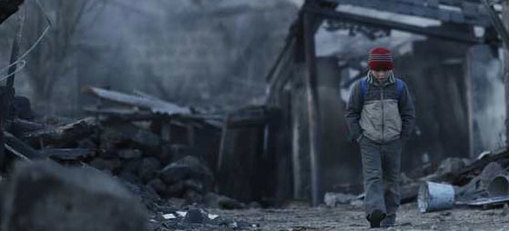 The Search isn't quite like any film Michel Hazanavicius' has made before, being a dark and complicated narrative centered around the second Chechen war of 1999. The film is centered around four intersecting stories of four individuals, each of which find themselves relatively helpless in the grasp of Warfare. The narrative is driven by the story of Hadji, a traumatized ten-year-old boy, who is orphaned after the senseless murder of his parents at the hands of the Russian army. Alone and terrified, the boy ventures across war-torn Chechnya, forced to fend for himself until meeting Carole, an NGO worker who is compiling a UN report about the worsening humanitarian crisis in Chehnya. While Michel Hazanavicius The Search certainly carries an Anti-War message, what makes this film an impressive achievement for the filmmaking is the film's ability to view this armed conflict from lots of varying perspectives, which not only keeps the film engaging, but offers a pensive look at War from all angles. With Carole, The Search taps into a fundamental problem with humanity as whole, showing the detachment from atrocity many individuals have. The Search argues that everyone is in their own world, having their own concerns and problems, speaking to the darker nature of humanity and its inherent selfishness in being only concerned with what directly effects oneself. Carole's journey also exposes the endlessly infuriating political mess of these conflicts, showing a UN that condones the atrocities, while simultaneously unwilling to place the blame on anyone or anything. Through the mother-son type relationship that begins to develop between Carole and Hadji, The Search captures the deep emotional stress and devastation war can have on a young, impressionable child. While Carole tries and fails to get the UN to intervene, Hadji represents her one chance to make a difference in this conflict, being able to show him that there is still love and tenderness in this world of terror that he has been thrown into. While the story of Carole and Hadji is powerful and the central aspect of the film, I particularly found myself drawn to the story of Koia, a twenty-year-old Russian man, who "chooses" military service in order to circumvent a minor drug offence. Told though an intermingling narrative with Carole and Hadji's story arch, The Search captures how a young man in Koia can be slowly be hardened into a murderer. While one could certainly argue that this aspect of The Search is a bit overly-dramatic and manipulative, the film exposes the totalitarianism regime of the army, where Hadji is beaten and brutalized in boot camp that feels an awful lot like an assembly line for manufacturing the perfect killing machines. Violence and death are the only aspects that gain respect in the Soviet Army, with Koia's slow transformation into a hardened soldier being one of the most devastating aspects of the film. Michel Hazanvicius' The Search is another Anti-war film, but what separates it from the lot is instead of simply stating the obvious, that war is bad, it attempts to understand the conflict from all angles, being a pensive study of the darker side of humanity and the need for hope. 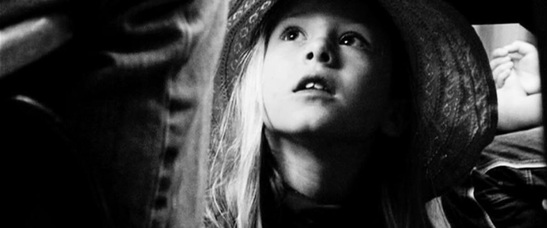 Amanda Wilder's Approaching the Elephant is an intimate look at the Teddy McArdle Free School, a school that uses a radical approach in educating its students, not simply relying on reading, writing, and arithmetic, the standard in more traditional public school system. At Teddy McArdle Free School, the students are allowed to gradually discover their own interests and identities, being a self-governing democratic community in which all classes are voluntary. With this documentary, Amanda Wilder offers a unique window into this more radical approach to schooling, inviting us into a world where children and teachers are viewed as equals, working together to resolve various problems that come to fruition throughout the school year. Going into Amanda Wilder's Approaching The Elephant, I was expecting a film focused on tearing down the traditional educational system, but fortunately this couldn't be further from reality, as Approaching the Elephant is much more an observant study of behavior among young and impressionable minds, offering a subtle commentary in the process. Approaching The Elephant's intent seems to be simply be about starting a discussion about education, with the film revealing tons of intricate details of how different all children are as it pertains to education and learning. The Free School system has its own flaws and faults, much like the traditional school system, and Approaching the Elephant exposes how the degree of success can differ among students -while one little girl at the school is responding in a very positive way to this more lackadaisical school-structure, another boy rebels and takes advantage of it as every turn. This juxtaposition is very key in Approaching the Elephant, revealing how everyone is different when it comes to learning. It's exhilarating to see these young children apply democratic principles to conflicts, as Approaching The Elephant presents a school that finds itself teetering between educational freedom and chaos. A visceral and borderline chaotic experience, Amanda Wilder's Approaching The Elephant is a fascinating and observant documentary that raises interesting questions about education and how we as individuals learn. 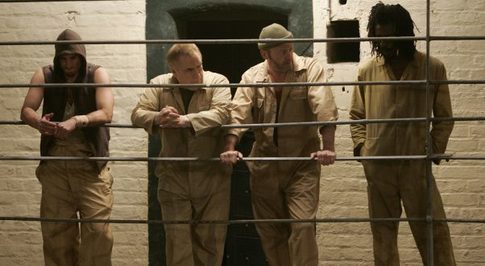 Brian Cox stars as a Frank Perry, an institutionalized convict whose served fourteen years of his life sentence. He has adjusted to prison life, that is until he learns that his daughter is seriously ill forcing him to concoct a plan to escape. The Escapist is a rather average prison film which is elevated by the talent involved. While Damian Lewis and Joseph Fiennes, among others, do strong work in their respective roles as various inmates which Frank Perry recruits, the script unintentionally creates a wall between the film and the audience, feeling at times like the actors are playing a role. The early part of the film does a solid job of setting up the world, as many of the men which Frank must work with are not by choice. Structurally the film is constructed like a puzzle. opening with the onset of the heist and constantly jumping between the present, the escape, and the past, where we witness the planning of the heist and all the details which took place. One thing that this film does extremely well is the sound design, which really aided in constructing this world and even helping with pacing; the score is very Carpenter-esque which is a big plus. The Escapist s a solid film but it's nothing I haven't seen done before and better, in other prison films. Films like Le Trou, Ghosts... of the Civil Dead, R, Dogpound, Starred Up, etc really do a far greater job at presenting what feels like a genuine horrific setting, feeling much more geniune and not like a movie. I think its the fractured narrative that actually hurts the film in this way, as the audience spends so much time trying to keep up that they are never given the time to really digest the setting and live in the moment. There are some things to definitely admire about the film, but ultimately The Escapist comes undone by the filmmakers trying to do too much in attempting to have both a psychological drama and an escape film, with not enough focus on either aspect. 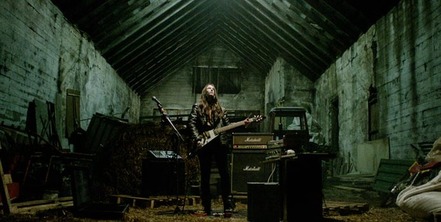 Born in 1970, on the cowshed floor of her parents Icelandic farm, Hera Karlsottir lives a carefree life. All that changes at a young age when Hera's older brother dies an accidental death in a farming accident. Fast-forwarding to Hera's early adulthood, Ragnar Bargason's Metalhead showcases a woman headed down a grief-fueled tailspin, mad at the world over the death of her brother, something that she has still failed to let go. Her parents are also grieving, but in a much more subdued way, not having the same adolescent rebellion towards god and society as their daughter. Thora Bjong Helga's portrayal of Hera is fantastic, capturing a woman who finds solace in heavy metal during a time of extreme agony. Her brother was a big fan of metal music, and Metalhead paints a convincing portrait of a woman unable to move on from his death. The father and mother are also strong characterizations, being characters that suffer in more subdued ways. Their son's room has not been touched since the day of his death, with the mother unwilling to let go of his death. The father is a man who takes the strong, silent approach to grief, as most men do, with the film beautifully illustrating the self-destructive qualities of loss. With the loss of their loved one, these characters struggle to accept that some things are out of your control, with the father inparticular, feeling guilt over his son's death. These characters don't talk about their issues but rather bottle it up inside, with one of the film's greatest attirbutes being how it captures this stench of guilt and grief in all of its characters. One could make an argument that a major aspect of Metalhead is its depiction of the power of music, showing it as a creative way for one to express themselves, showing its ability to procide solace in a time of sorrow. Metalhead is a well photographed film as well, using a hazy, muted color pallette that seems to hover throughout the film, feeling like a visual representation of this sadness. While there are a few aspects of Ragnar Bragason's Metalhead that feel overly dramatic, this is a film that offers a compelling story of loss and the need to move on. 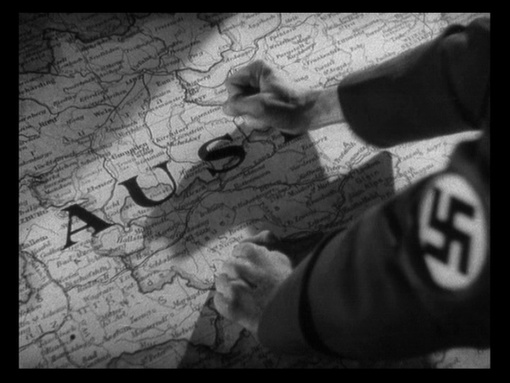 Carol Reed's Night Train to Munich is a fast-paced, tense, spy thriller full of twists and turns, but what makes Reed's cloak and dagger film so impressive, is its ability to inject this tense thriller with a whimsical quality that only the British seemed capable of at the time. The film opens in Germany, with what is seemingly a fist-pounding Hitler giving orders to invade Prague. They are after Czech Inventor, Dr. Bomasch, a man who has just developed new armor-plating technology. As the invasion commences, Dr. Bomasch flees to England, but unfortunately his daughter, Ana, is arrested, being thrown in a concentration camp. Inside, Ana meets Karl Marsen, and together the two stage a daring escape from the concentration camp. Unfortunately Karl isn't who he appears to be, being an undercover Nazi agent, using Ana as a unwitting pawn in an effort to track down Dr. Bomasch and get the good doctor to help out the Nazi cause. Karl Marsen is successful at managing to kidnap both Dr. Bomasch & Ana, taking them back to Berlin, which leads to British secret service agent Gus Bennett going deep undercover as a senior German officer, a ploy help Anna and Dr. Bomasch escape. Endlessly compared to Hitchcock's The Lady Vanishes for good reason, Night Train to Munich shares a lot of similarities, being written by the same writers, but while Hitchcock's film is deeply soaked in tension and intrigue, Night Train to Munich is particularly impressive because of its ability to balance drama, suspense, comedy, and romance. There is an elegance to Night Train to Munich that gives the film a very unique feel, with a whimsical screenplay full of wit that keeps the film from being too heavy, something that is impressive and probably a necessity, given the subject matter and the time of release. Night Train to Munich is a film that revels in the cat and mouse game of the spy world, giving a considerable amount of time to both sides of the conflict, letting the viewer sink their teeth into this world, watching both sides continually trying to get ahead through trickery. While the script and characterizations are very solid, what seperates Night Train to Munich from The Lady Vanishes is its feeling of scope, with a narrative that has these characters go from Prague, to Berlin, to Switzerland, with two truly memorable set pieces in the prison escape sequence and finale. Shot in crisp black and white that Reed uses to build suspense and tension, Night Train to Munich is a great spy thriller that manages to balance its different elements of romance, drama, comedy, and adventure extremely well. 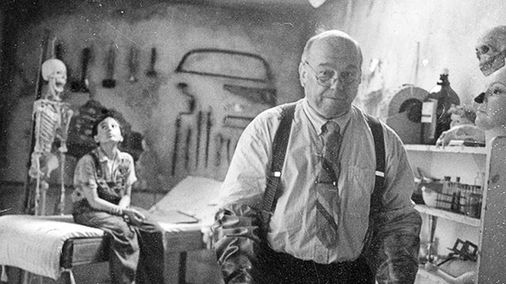 Aaron Schimberg's Go Down Death is a curious and confounding journey into a delirious and truly unique world full of macabre, sadness, disease, and philosophizing. Far more interested in delivering a lingering atmosphere than concise narrative, Go Down Death offers a disjointed film that is essentially strung together by a series of vignettes, following a group of fatalistic inhabitants living in a decrepit small town, many years in the past. These characters include two soldiers in a fog-soaked forest, a tense card game among a group of roughneck type characters in a brothel, and a post-coital conversation among a man and a prostitute, among others, as Schimberg offers one of the most unique forays into the bizarreness of myth and folklore, examining the relationship it has with shaping culture and society. Featuring beautiful, black-and-white photography that would make Guy Maddin proud, Go Down Death presents an imaginatively bleak world, with the filmmakers effectively juxtaposing the ugliness and sadness of many of these townsfolk with beautiful imagery. Much of the film features scenes that feel more like a stage play, as one or two characters simply converse, waxing poetic about various aspects of life. Go Down Death gleefully uses its old-timey setting and cast of eccentric characters to deliver a very unique perspective on mortality, juxtaposing the old with the new in a startling final sequence that fast-forwards to a contemporary dinner party in Brooklyn. This sequence is what really helps make the film cohesive, with Schimberg capturing how these two very different societies - modern day Brooklyn & this relic town of the past, each share their same sense of mortality, each longing for happiness, despite any specific social norms around them. Complex, confusing, and tedious at times, Aaron Schimberg's Go Down Death is a film I cannot help but appreciate given its unique perspective, but there is no question it is likely only to be enjoyed by the most adventurous of viewers. 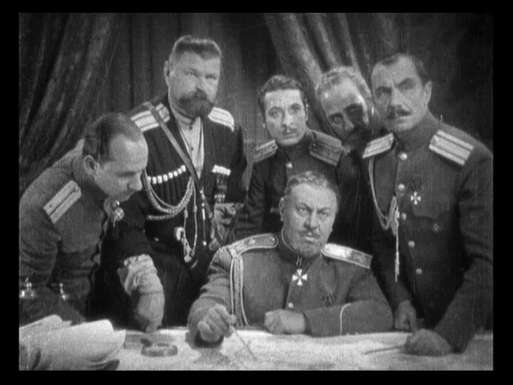 Josef von Sternberg's The Last Command is another exceptional melodrama from the brilliant filmmaker that tells the story of a high ranking Russian general who flees the Communist revolution in Russia only to find himself poor and working in Hollywood as an extra to make ends meat. Landing a role in a Hollywood picture that has him essentially playing himself, this once proud Russian general finds himself face-to-face with not only his old demons, but one of his old betrayers, a man who is now a Hollywood director. Much of The Last Command's running time takes place in Russia, telling the story of this Russian General, a man with unequivocal power that is only second to the Czar. The film showcases a man who is a priviledged member of this class system, but what makes The Last Command so effective is how Sternberg sympathizes with this character, slowly revealing a man who is doing what he believes is right for the greater good of his country. The Last Command captures the changing guard of old Europe with the New, arguing that the system and individual are not one in the same, with this general being a man doing what he believes is right in the system that is given. Sternberg's visual acumen is once again very impressive, specifically in the revolution scene that finds the General on the wrong side of an angry mob. The whole sequence features beautiufl lighting and masterful compositions, but what Sternberg captures in these moments about humanity's twisted relationship with power is what really stands out. Sternberg reveals the dizzying effect of revolution, with men and women fighting tooth and nail for what they believe is theres for the taking. One man is shot dead over the rights to a woman, who happens to be the General's lover, as if Sternberg is reminding the viewer of the savagery that exists in nearly any revolution. The finale of the film is downright devastating, with The Russian nobleman, played briliiantly by Emil Jannings, having to reenact essentialy the worst day of his life, as he is driven to madness by the emotional exhaustion of the situation. Josef von Sternberg's The Last Command is simply another stellar film by the filmmaker, and another constant reminder of the true power of image and acting, even when no dialogue is required. |
AuthorLove of all things cinema brought me here. Archives
June 2023
|

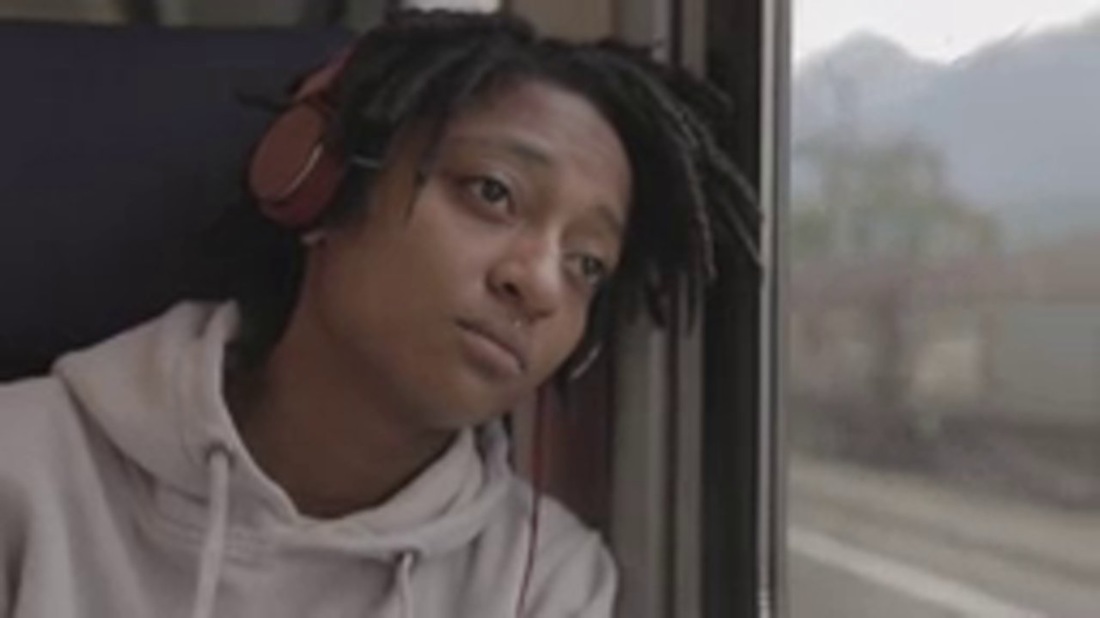
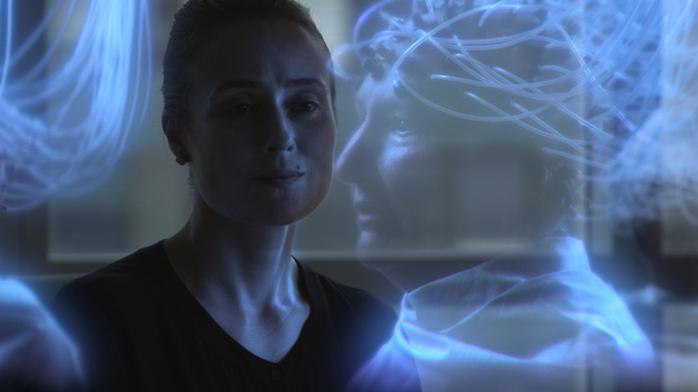
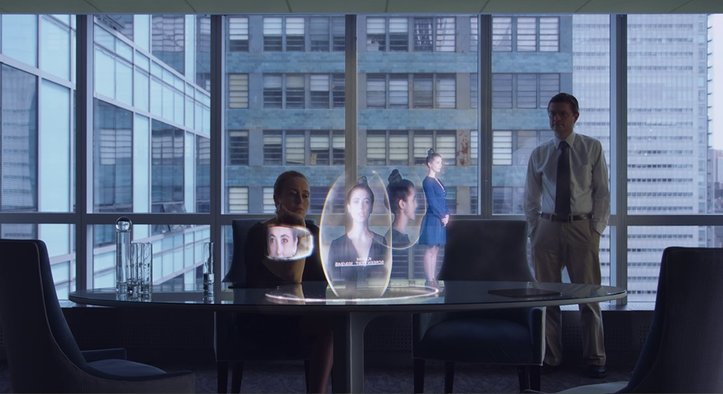

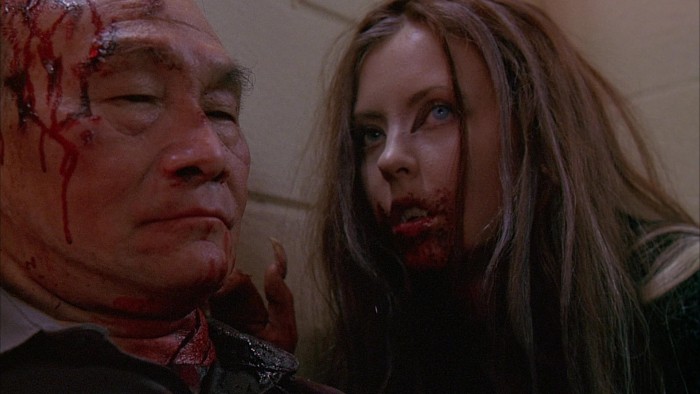
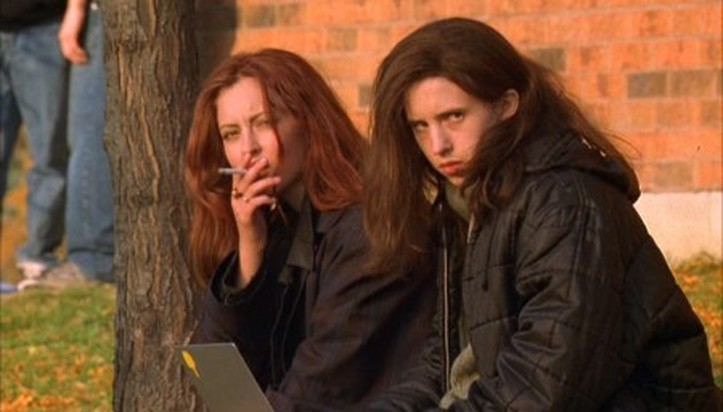
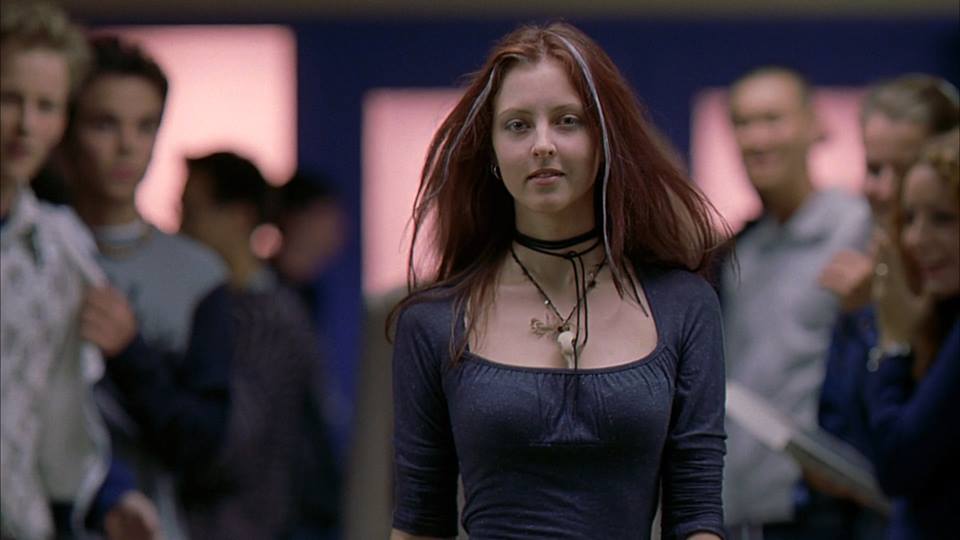
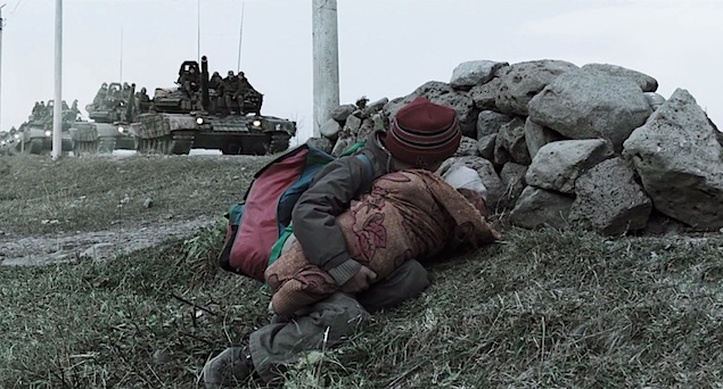
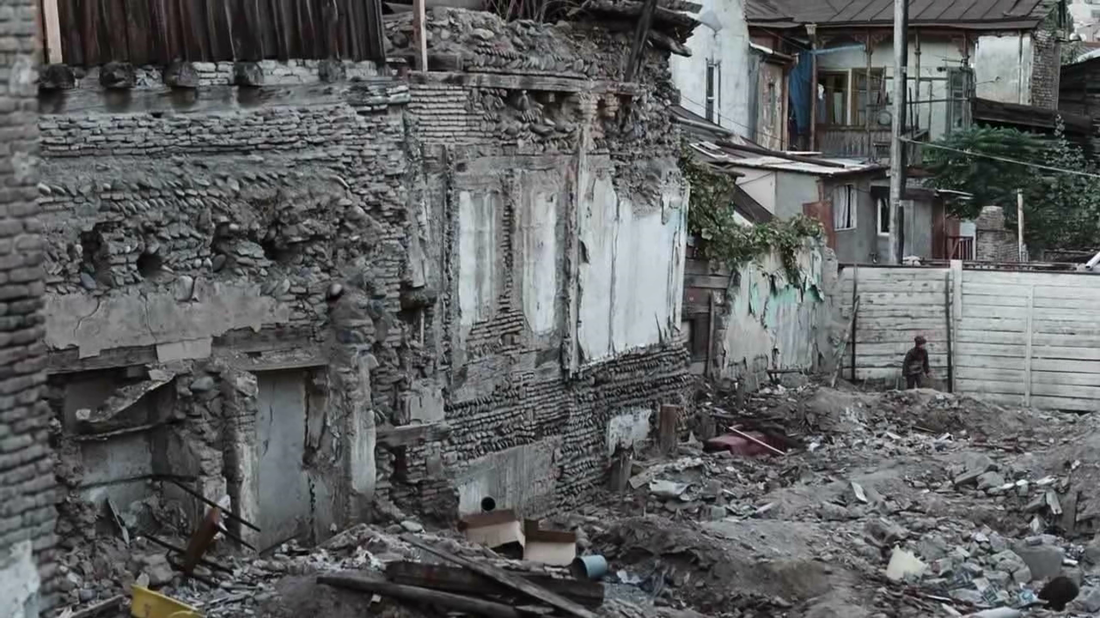
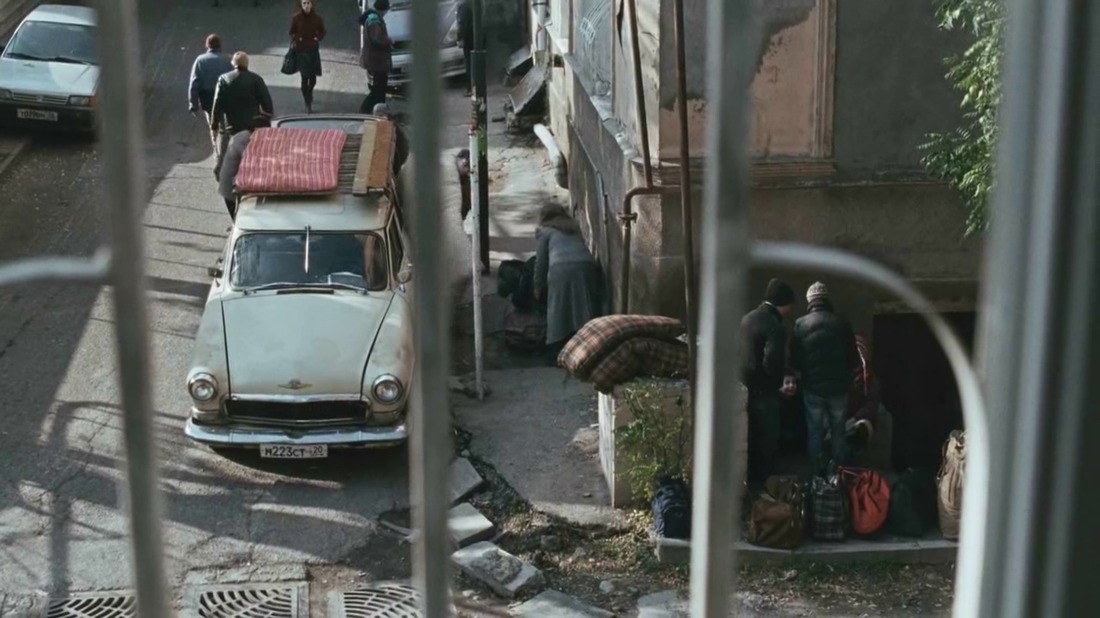
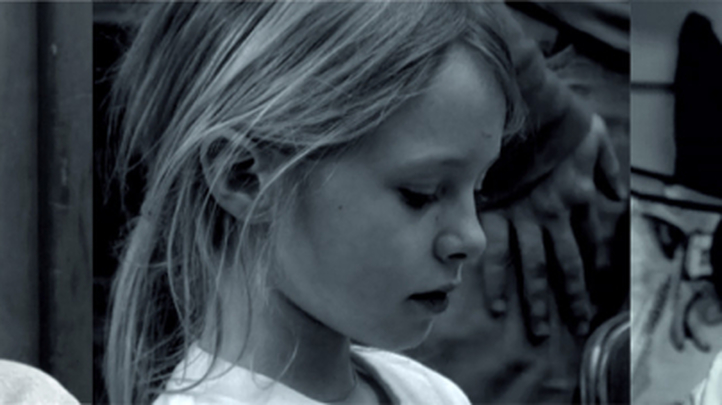

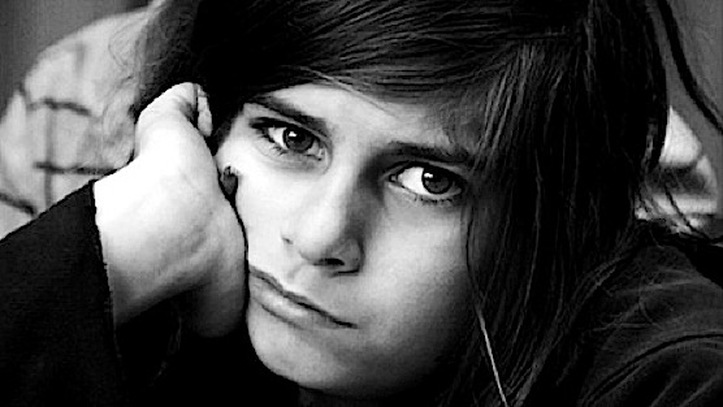
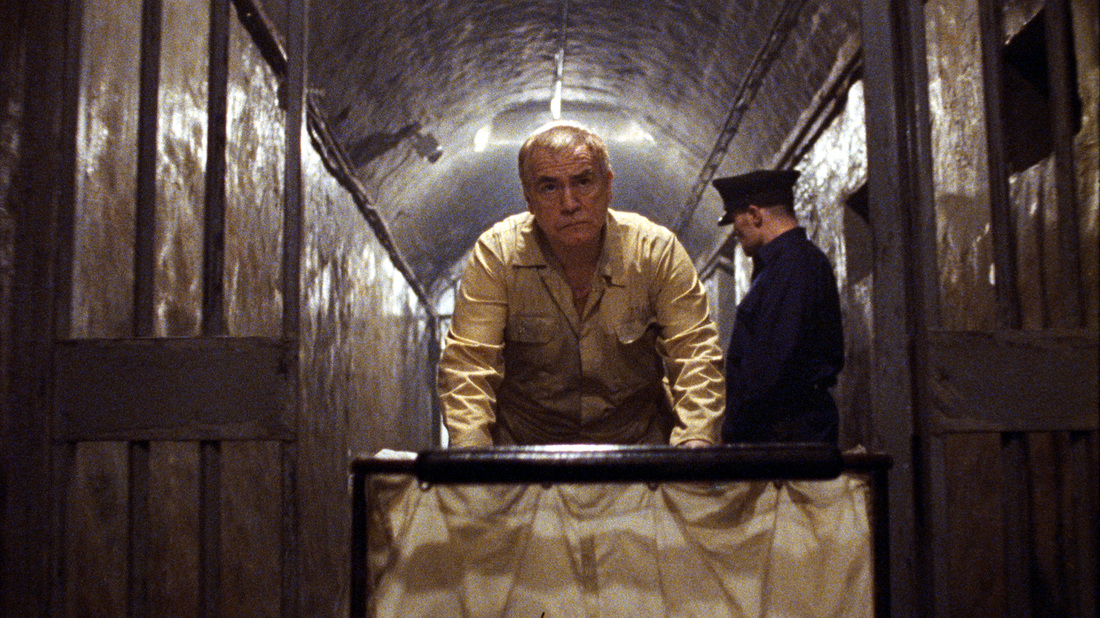
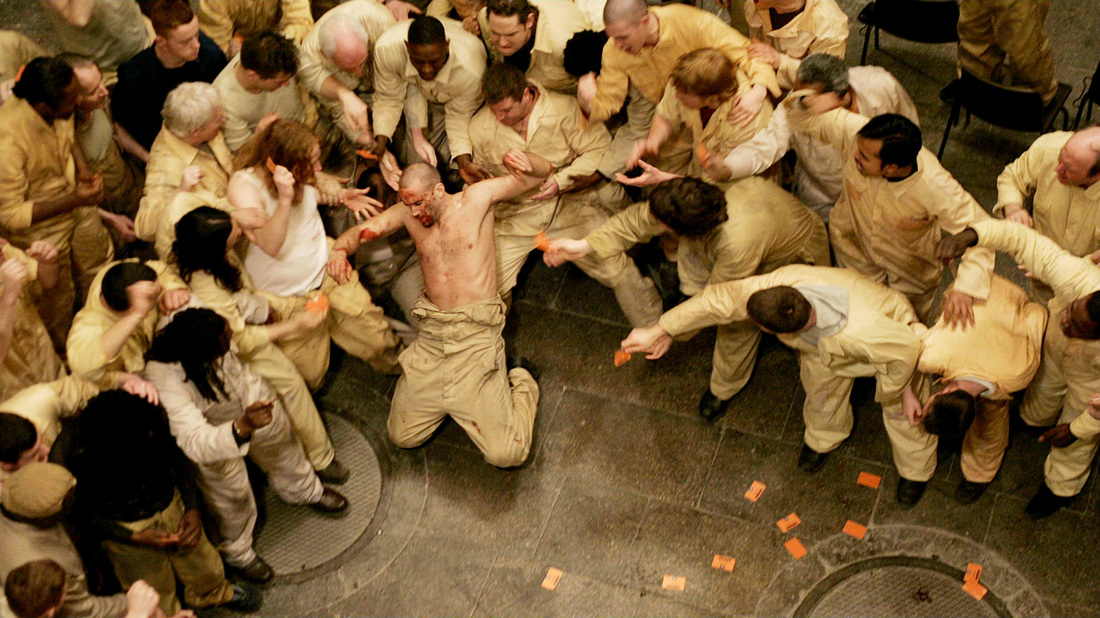
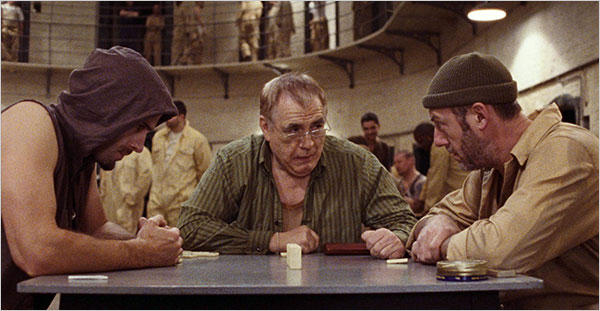
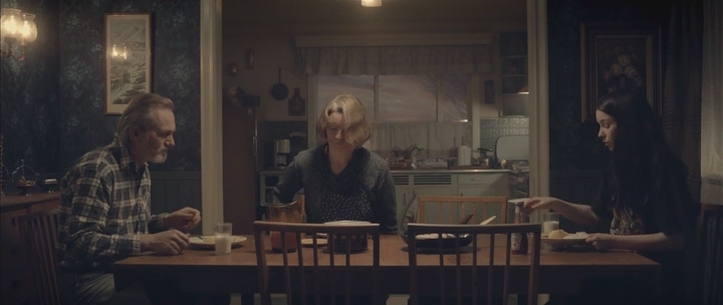
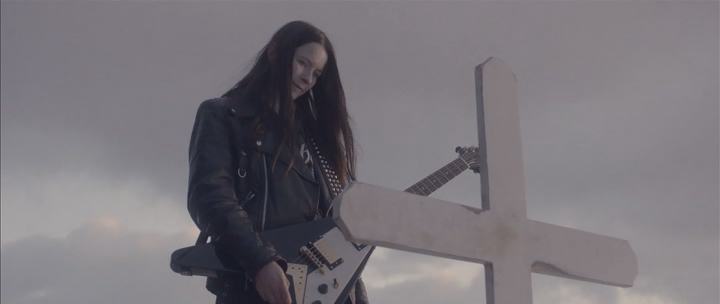
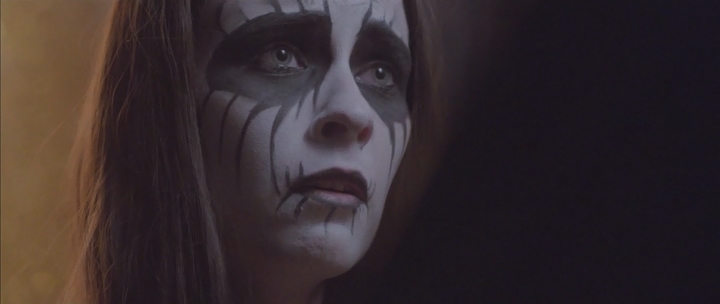
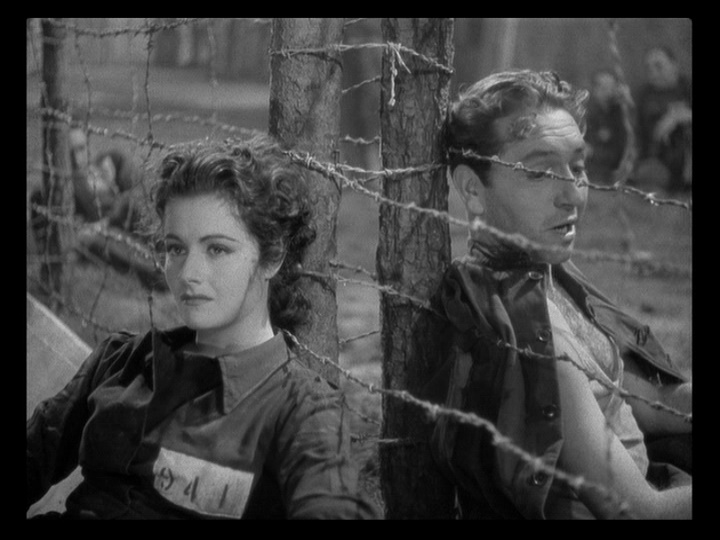
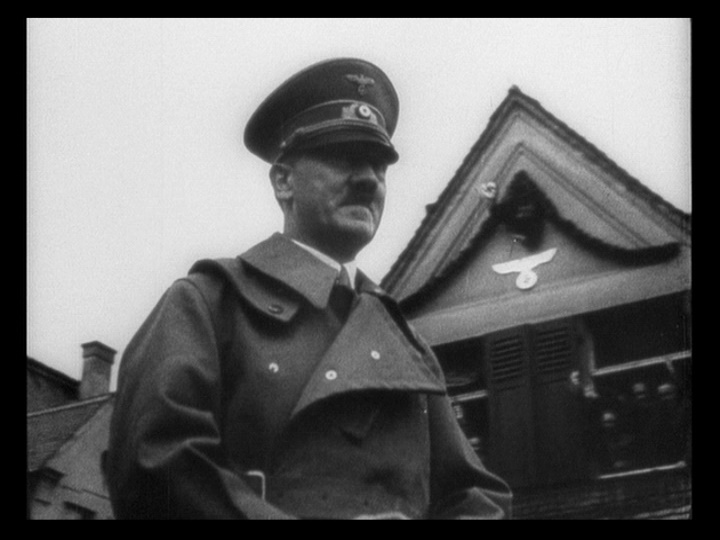
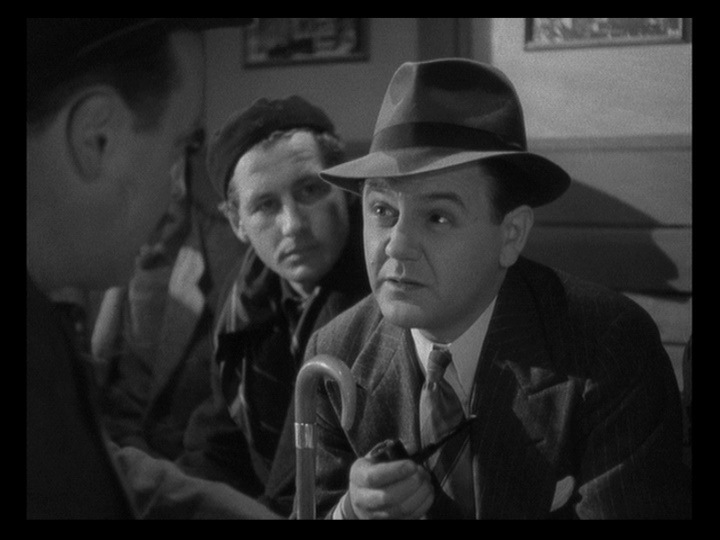
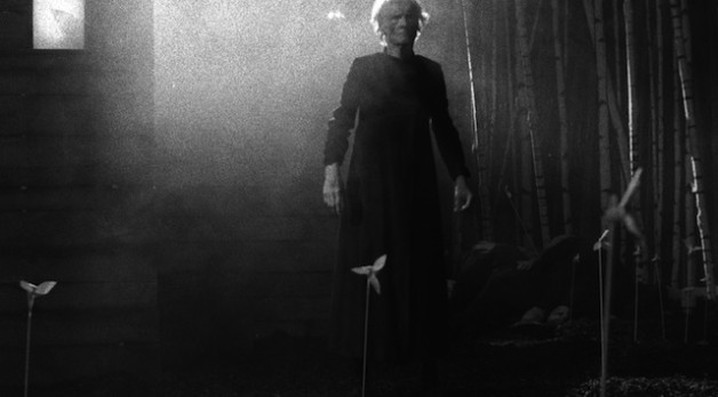
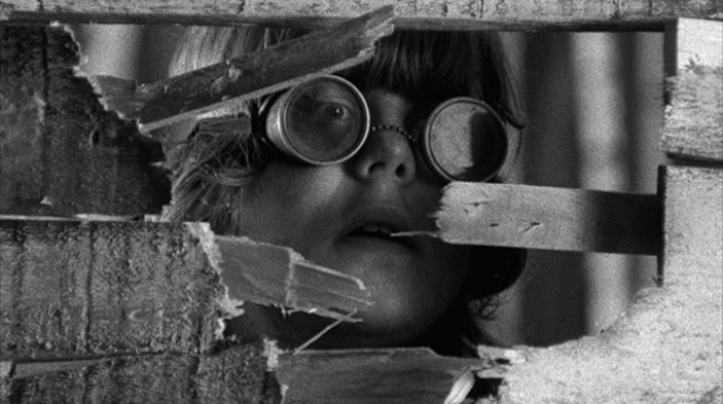
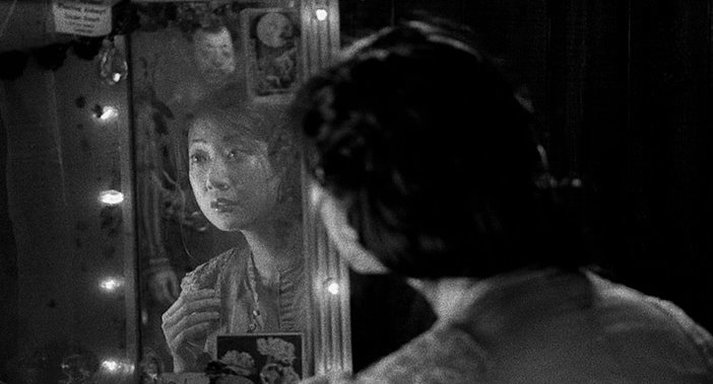
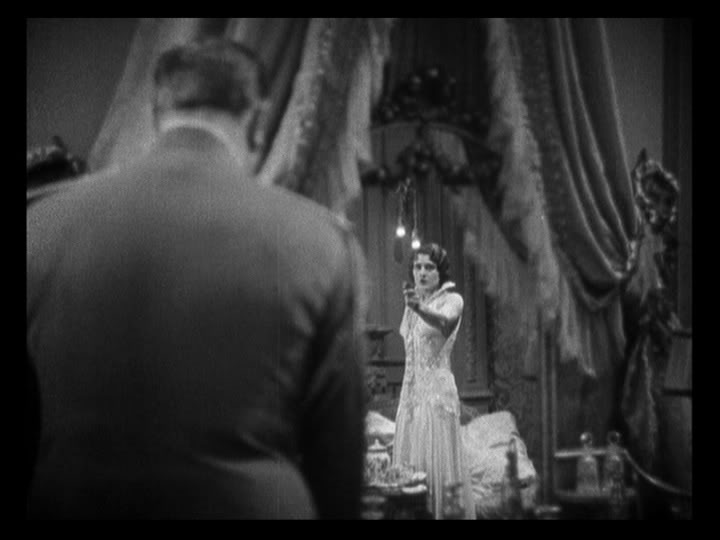
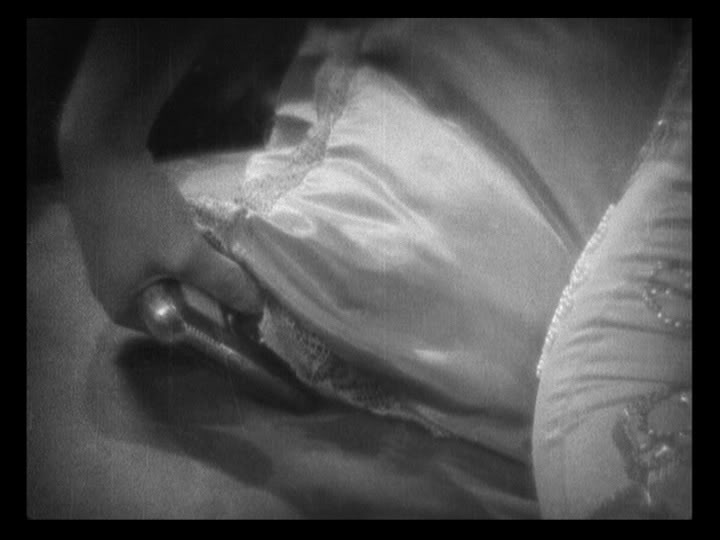
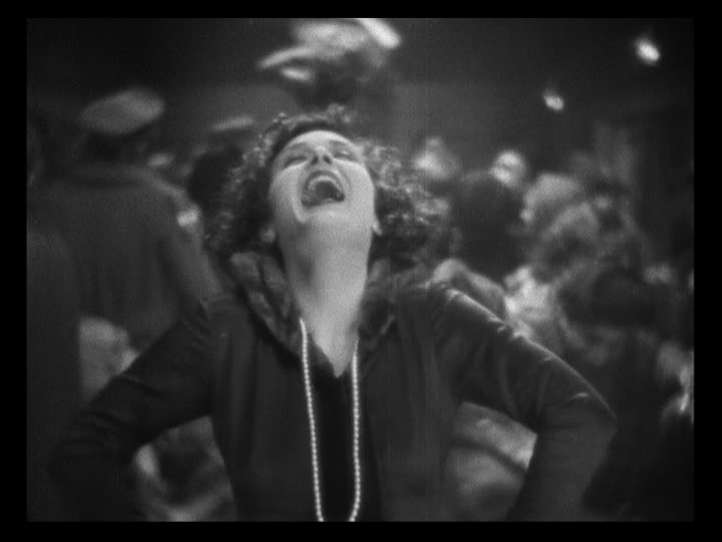
 RSS Feed
RSS Feed
